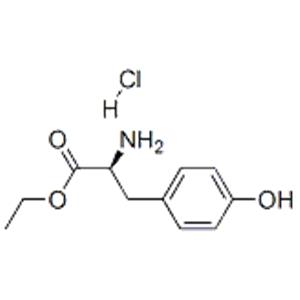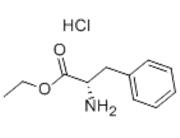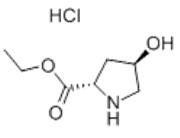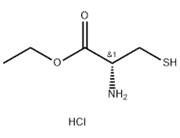Application: |
Peptide Synthesis: H-L-Tyr-Oet·HCl is a crucial reagent in peptide synthesis, particularly in solid-phase peptide synthesis. It introduces the tyrosine residue, an amino acid essential for protein structure and function, into the peptide chain. Tyrosine, with its hydroxyl group, plays a significant role in protein-protein interactions and enzymatic activity, making H-L-Tyr-Oet·HCl an important building block for the preparation of biologically active peptides. Biological Research: Tyrosine is involved in various biological processes, such as enzymatic catalysis, signal transduction, and neural transmission. H-L-Tyr-Oet·HCl is utilized in biological research to investigate these processes. It can be used to study protein folding, enzyme kinetics, and cellular signaling mechanisms, providing insights into the roles of tyrosine-containing proteins in cellular function. Drug Discovery and Development: The unique properties of H-L-Tyr-Oet·HCl make it a potential candidate for drug discovery and development efforts. Researchers can use this compound to design and synthesize novel peptides or peptide-based drugs that target specific biological processes or diseases. The tyrosine residue can enhance the binding affinity and selectivity of these drugs, leading to improved therapeutic outcomes. |


 China
China

